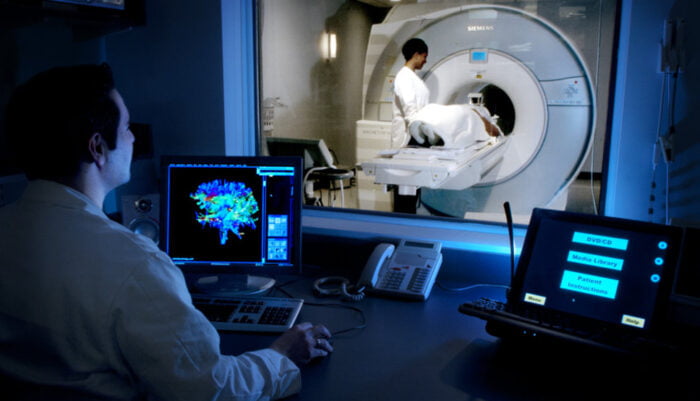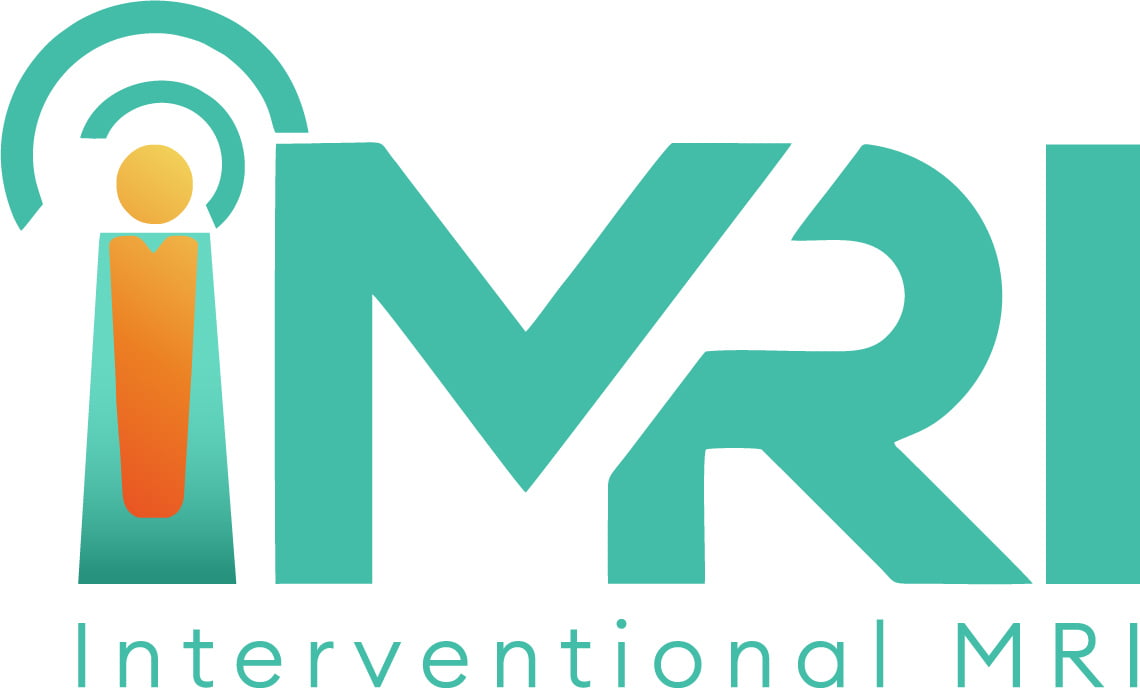News
Leaders in Radiation Free Spine Injections

What is interventional MRI (iMRI)?
iMRI harnesses the advantages of Magnetic Resonance Imaging (MRI) as the gold standard for imaging soft tissue structures with real time percutaneous minimally invasive image-guided procedures. The applications for iMRI are limitless, but we remain committed to offering procedures which have been proven safe and effective to target specific conditions of the spine, joints and nerves.
When performed by highly trained experts with knowledge and experience in MR guided intervention, it can be safer than traditional cross-sectional imaging guidance techniques such as fluoroscopy and CT.
Interventional MRI is a novel technique requiring extensive expertise not only in traditional image-guided techniques but also requires state of the art equipment and specific staff training with a solid foundation of knowledge and skill, MRI physics and significant clinical experience. To this end we are national leaders in evidence-based research and innovation dedicated to iMRI applications in musculoskeletal diseases.
What makes iMRI special?
Fluoroscopy and ultrasonography guidance is fast, widely available, and can be effective with sufficient experience. However, cross-sectional guidance ensures high technical success rates due to better visualization of joint spaces, an individual’s anatomy and visualization of the intra-articular compartment distribution of injectants. CT- or MR-guided interventions are associated with higher rates of successful articular function and improved outcomes.
The major advantage of interventional MRI over CT is the unique combination of true cross-sectional display of joint anatomy without potentially harmful ionizing radiation and with high contrast resolution to visualize the injectant within the target joint of around a nerve without adding contrast agents like iodine, which may have side effects or result in allergic reactions. Another unique feature is the superior visualization of anatomy as the doctor can tailor imaging planes freely, which can be helpful when joints are difficult to access. An advantage shared with other modalities is the ability for near real-time needle guidance using state-of-the-art MR fluoroscopy.
Who can have an IMRI procedure?
Almost anyone. Those that may benefit most from MRI-guided procedures include children, adolescents, adults of childbearing age, and patients receiving serial injections due to the ability of interventional MRI to avoid radiation exposure to pelvic organs. Interventional MRI may also be used to offer a one-stop-shop opportunity for combined diagnostic and interventional MRI of the joints, spine and nerves, benefiting patients with debilitating conditions limiting their ability for multiple visits.


Who can have an IMRI procedure?
With iMRI, every procedure is tailored to you, we believe a personalized approach is linked to the best outcomes regardless of your condition. You will have a private consultation with your doctor who will explain the results of your scan and the most appropriate treatment options available to you. Once a suitable treatment option is agreed upon, you will then be escorted to a private room to change and prepare for the MRI scan. During the MRI scan your doctor will be with you in the room and will explain the steps of the procedure. After the procedure you will be given a set of instructions for aftercare and a pain diary to record your response to the procedure. Your doctor will follow you up with an online consultation at 3 to 6 weeks to assess your response to the procedure and arrange any necessary follow-up you may require.
We provide MR-arthrography for joint pathologies, MR-guided spine injections for back pain, facet joint pain, spinal fractures, medial branch nerve blocks and nerves. Our patients include professional athletes, adults and children.
Quality measures
Our quality and safety framework is monitored via our Quality Structure. This focuses on areas of risk, safety and quality management. Feedback loops are built in, to ensure lessons are learned as part of our continual improvement programme. The Quality Committee is responsible for oversight of all aspects of Quality Governance. The Quality Committee reviews our quality dashboard on a monthly basis. iMRI has an agreed internal clinical audit programme and will request support to audit services from external experts where required.
Patient satisfaction

